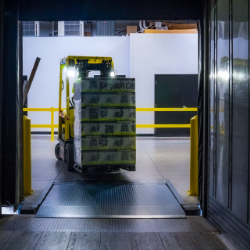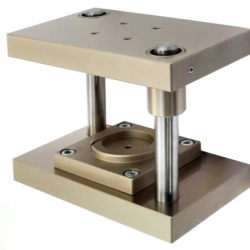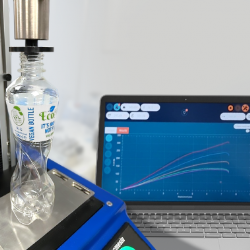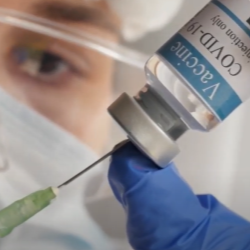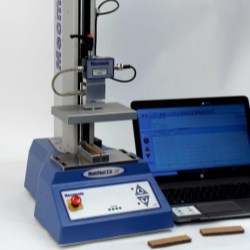Public
Mecmesin Catalog
Mecmesin Certificates
Mecmesin Documents
Mecmesin Locations
Mecmesin News
Mecmesin Videos
If this is your company, CONTACT US to activate Packbase™ software to build your portal.
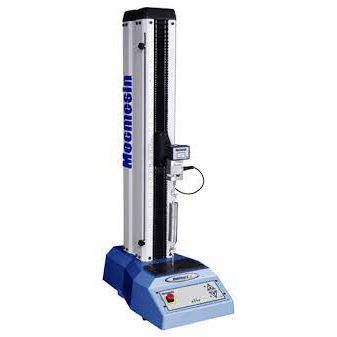

Peel testing is used to assess bond quality and is a simple way of determining the adhesion strength of a material, especially in the case of a thin film deposited on a substrate.
By measuring the tension characteristics between the adhesive and the adherend surface, it is extremely useful in assessing the effects of processes (e.g. surface treatment) or real-life performance (e.g. environmental exposure).
There are various methods of peel testing but they all require at least one flexible adherend to be held in a tensile grip and separated from the other surface. The tensile force-extension values are continuously recorded to obtain precise data for calculating peel values. The main differences between the methods are the angles of peel and whether the peel angle remains constant during the test.
In the below video, a 135 degree peel test is carried out on a sample of medical packaging to ensure maximum seal with minimum peel. A custom-designed vacuum fixture attached to a MultiTest-i PC-controlled force tester holds the sample firmly so that repeatable results are achieved when the lid is peeled off at a constant speed of 500 mm/min.
Ensuring the packaging container does not deform when the seal is peeled open is essential for accurate, repeatable results. This flexible medical device packaging is held rigid by vacuum suction to prohibit its movement.
Contact Mecmesin to learn which tests will yield the results that you need.


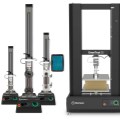

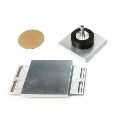
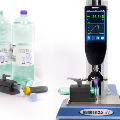

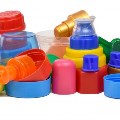





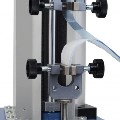
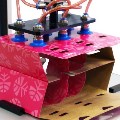



.png)
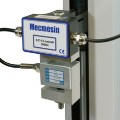




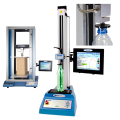
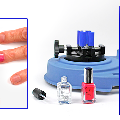
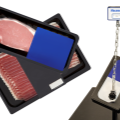
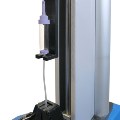
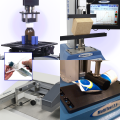
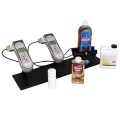
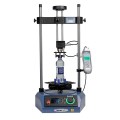
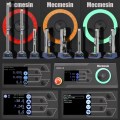
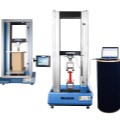
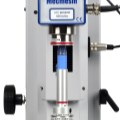

.jpg)
